World
Global issues, U.N., etc.
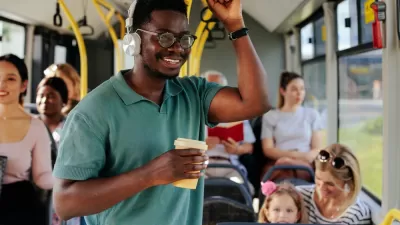
The Future of Public Transit: The Bus
The solution to making public transit better doesn’t lie in technological innovations or hyper-modern trains, but in investing in one of its simplest tools.
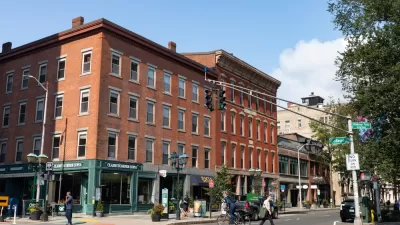
There is Nothing Illiberal About Walkability
Despite recent claims to the contrary, the concept of the 15-minute city promotes freedom of mobility and universal access to a city’s resources and amenities.
Resilience Matters: Collective Action For Healthier Communities
The Island Press Urban Resilience Project (URP) has published a new, free "Resilience Matters" e-book that contains fascinating articles, op-eds, and interviews that provide practical guidance for collective action to build a fairer, greener future.
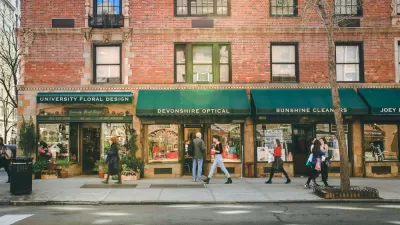
Livable Streets, Revisited
The updated version of Donald Appleyard’s 1982 book Livable Streets, written by Appleyard's son, dives even deeper into the ‘ecology of the street,’ proposing actionable solutions for the conflicts and problems facing urban environments today.
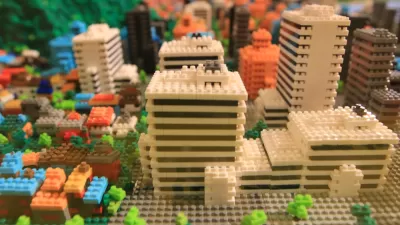
The 65th Birthday of the Lego Brick
The Lego brick is 65 years old this year. Learn more about its history and impacts on both children and adults.
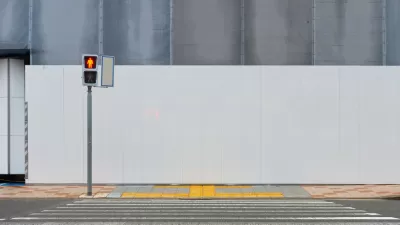
The Responsibility of the Building to the Street
Structural engineers are responsible for ensuring that buildings do not fall over. Mechanical engineers must ensure that people inside can breathe. But what responsibility do building designers have to the street outside?

The Importance of Good Data Visualization
When done right, data visualization effectively translates complex data into easily understood visuals in the form of graphs, charts, maps, plots, animations, and more.
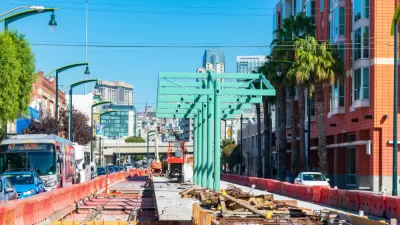
Report: Why U.S. Transit Projects Cost So Much
Researchers analyzed the sources of increased costs in transit projects around the world, providing recommendations for how to bring down costs and improve efficiency.
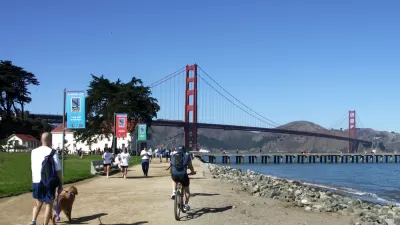
City Dwellers Happiest in Parks, Angry at Transit Stops
An analysis of geotagged tweets reveals that city dwellers express positive emotions in green spaces and restaurants, while bus stops and transit elicited more frustrated reactions.
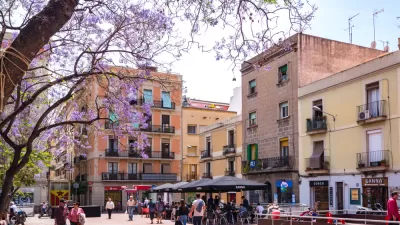
Conspiracy Theorists Discover the 15-Minute City
USA Today debunks the false claim that the United Nations’ call for enabling 15-minute cities is a coded plan to institute ‘climate change lockdowns.’
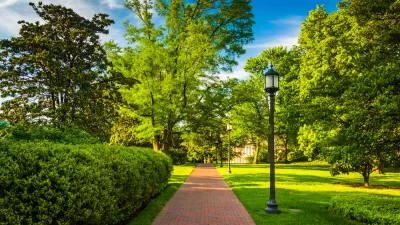
How the Urban Tree Canopy Can Save Lives in a Heat Wave
New research reveals the direct link between planting more trees and a reduction in heat-related deaths.
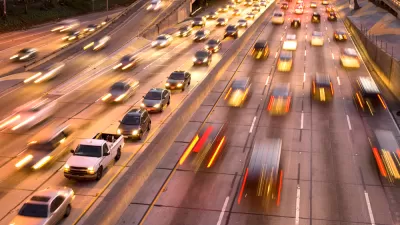
Lonely by Design: How Urban Planning Can Intensify Social Isolation
Walkable neighborhoods, access to parks, and opportunities for social interaction can help reduce the burden of loneliness and promote community. But many of our cities aren’t built this way.
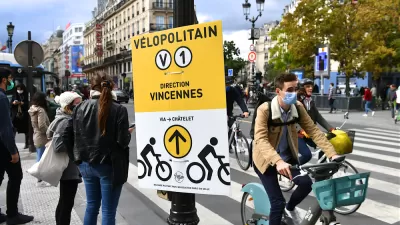
Where Pandemic Bike Improvements Won Out
While some cities are reverting back to pre-pandemic street configurations, others are taking advantage of the momentum for bike and pedestrian infrastructure to make pandemic-era projects permanent.
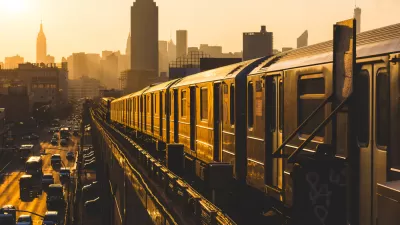
The U.S. Lags in High-Quality Transit Investment
While other countries are boosting investment in their light and heavy rail systems, transit projects in U.S. cities have slowed, signaling diminished commitment to transit expansion.
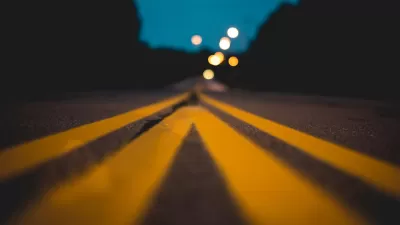
How Design Guidelines Can Reduce Road Safety
Signs and markings designed for traffic control can make conditions less safe for pedestrians and other road users.
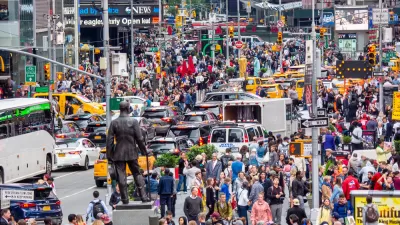
Redesigning Streets for Livability: A Global View
An excerpt from the introduction of the recent book, “Streets For All: 50 Strategies for Shaping Resilient Cities,” edited by Vinayak Bharne and Shyam Khandekar.
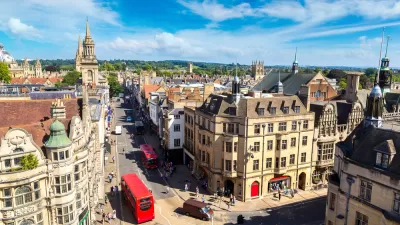
What Draws Conspiracy Theorists to Traffic Calming Plans?
Proposals for road diets, ‘15-minute cities,’ and other traffic reduction programs often meet with unfounded conspiracy theories claiming that the plans are nothing short of steps to world domination.
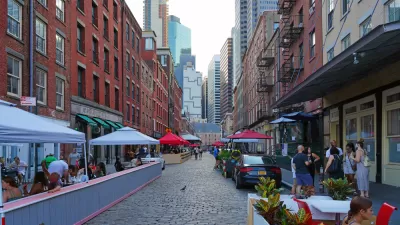
Where Open Streets Are Succeeding
The cities that are making their pandemic-era car-free experiments permanent.
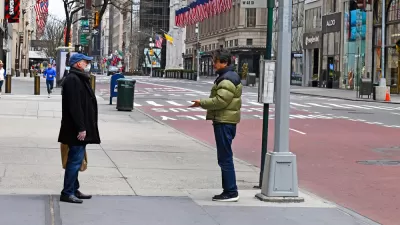
Friday Eye Candy: Covid-19, Then and Now
The New York Times compared images from readers portraying similar scenes in 2020 and 2022.
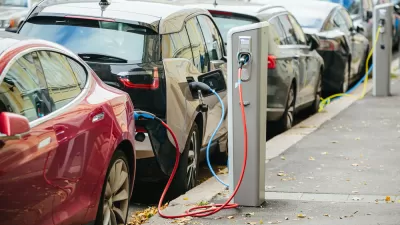
Tech Trends for Cities and States
Smart cities technology is well behind schedule, but the technology industry hasn’t given up on new digital solutions, self-driving cars, curb management, and AI-powered systems.
Pagination
Urban Design for Planners 1: Software Tools
This six-course series explores essential urban design concepts using open source software and equips planners with the tools they need to participate fully in the urban design process.
Planning for Universal Design
Learn the tools for implementing Universal Design in planning regulations.
Heyer Gruel & Associates PA
City of Moreno Valley
Institute for Housing and Urban Development Studies (IHS)
City of Grandview
Harvard GSD Executive Education
Salt Lake City
NYU Wagner Graduate School of Public Service
City of Cambridge, Maryland


































